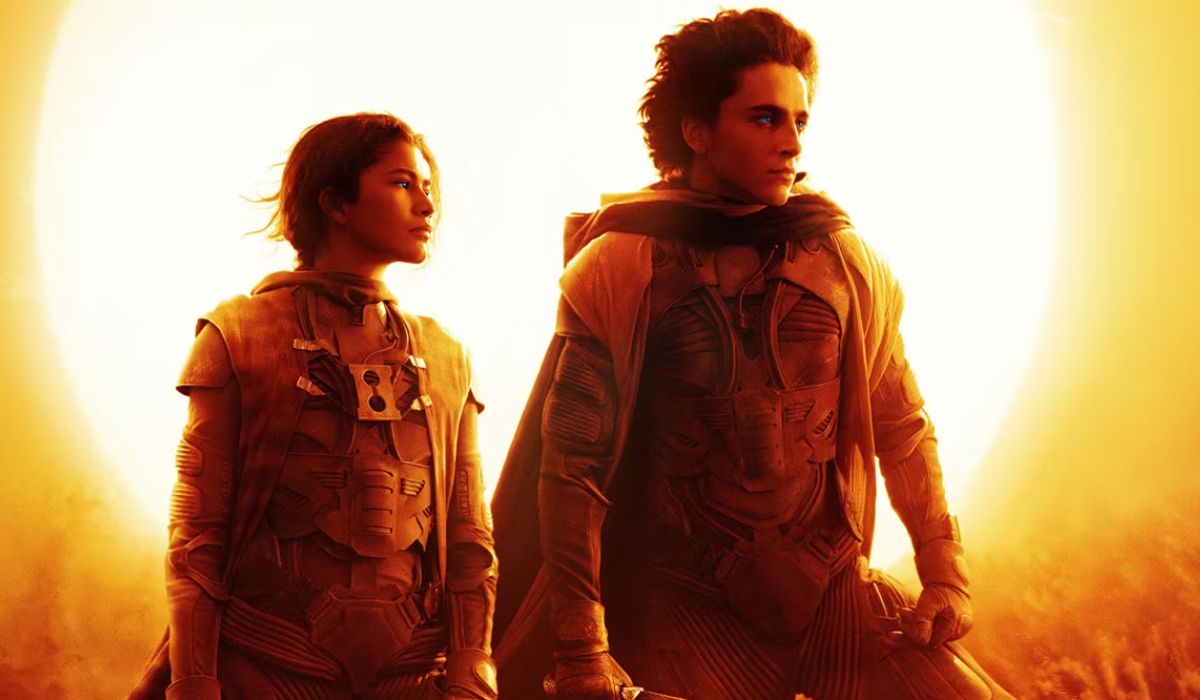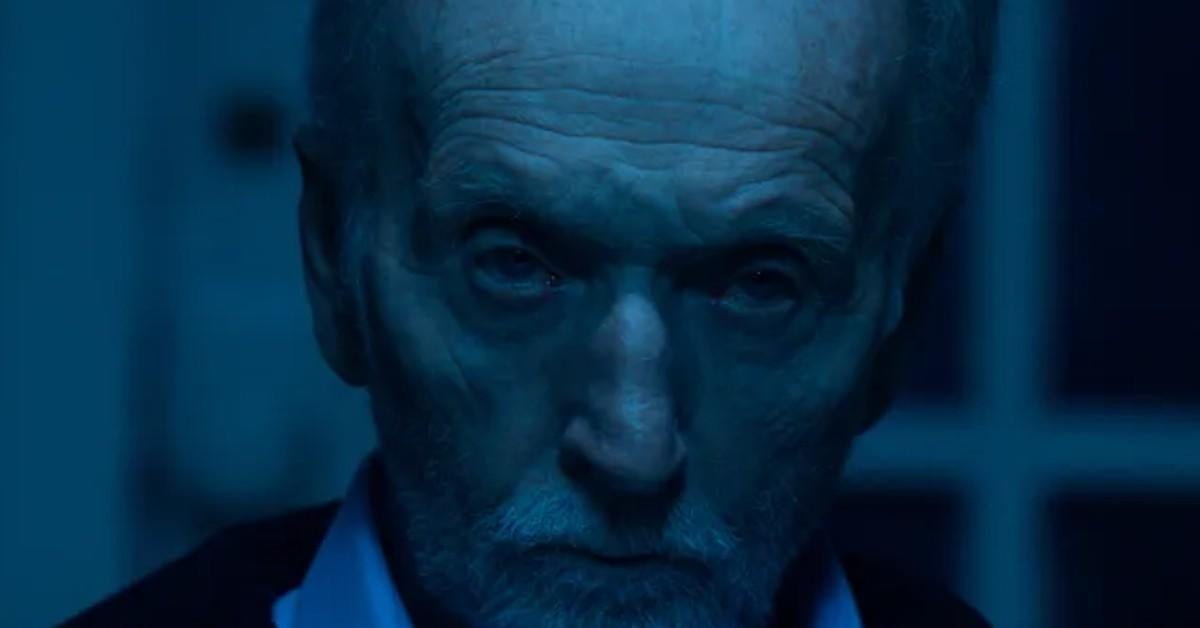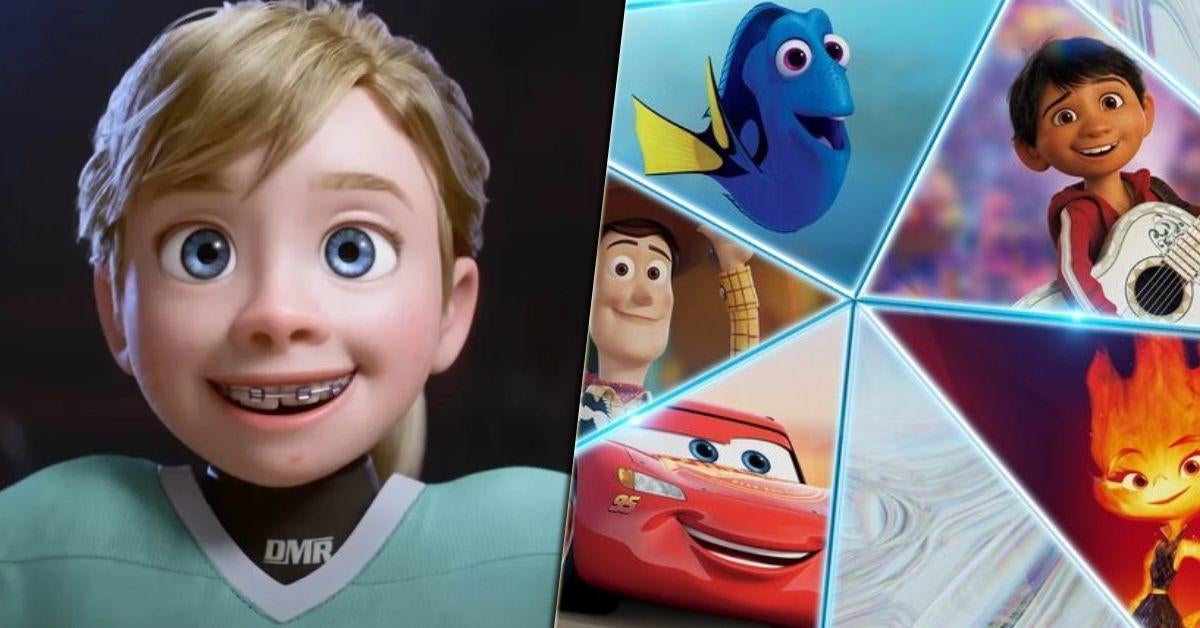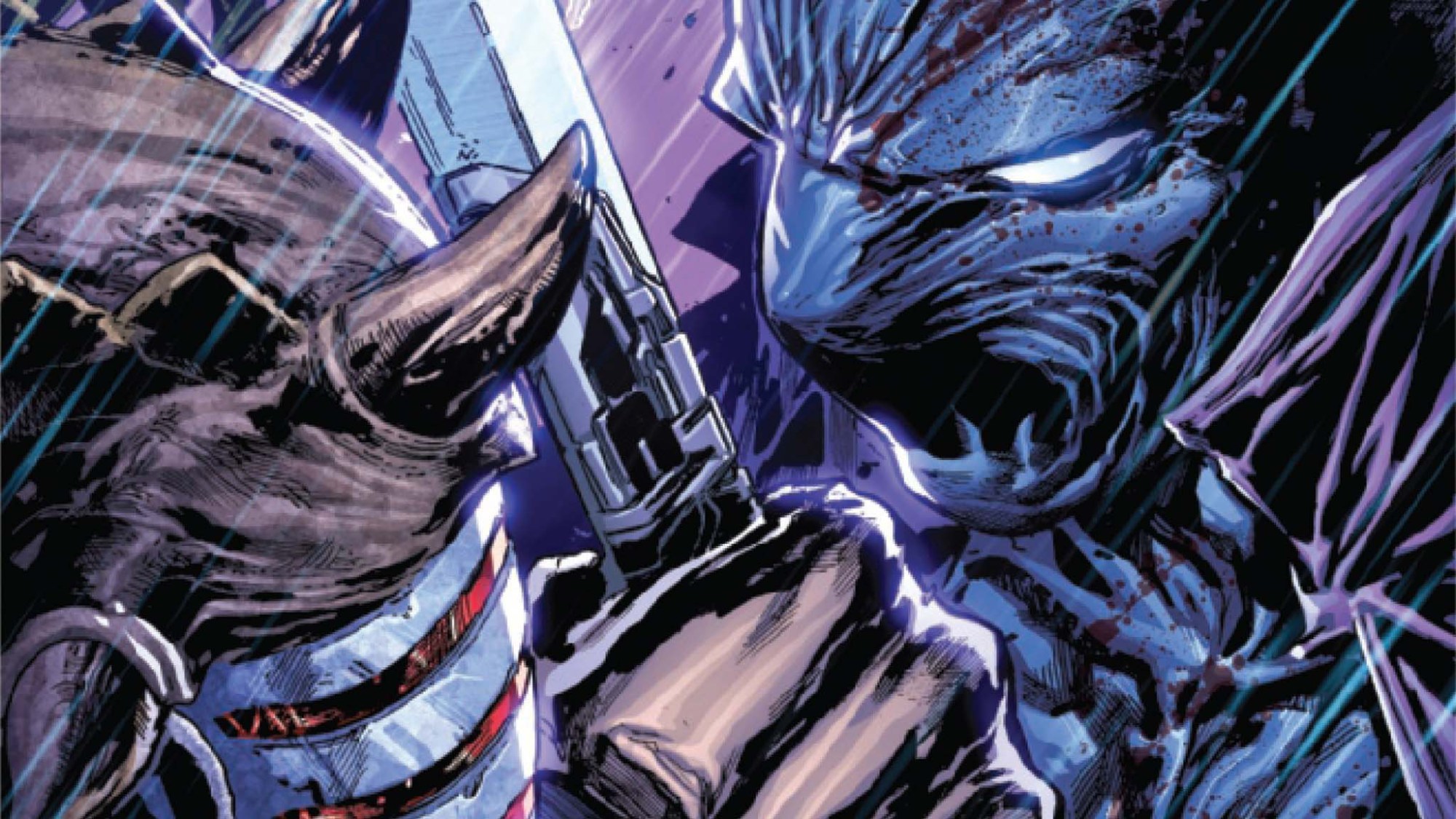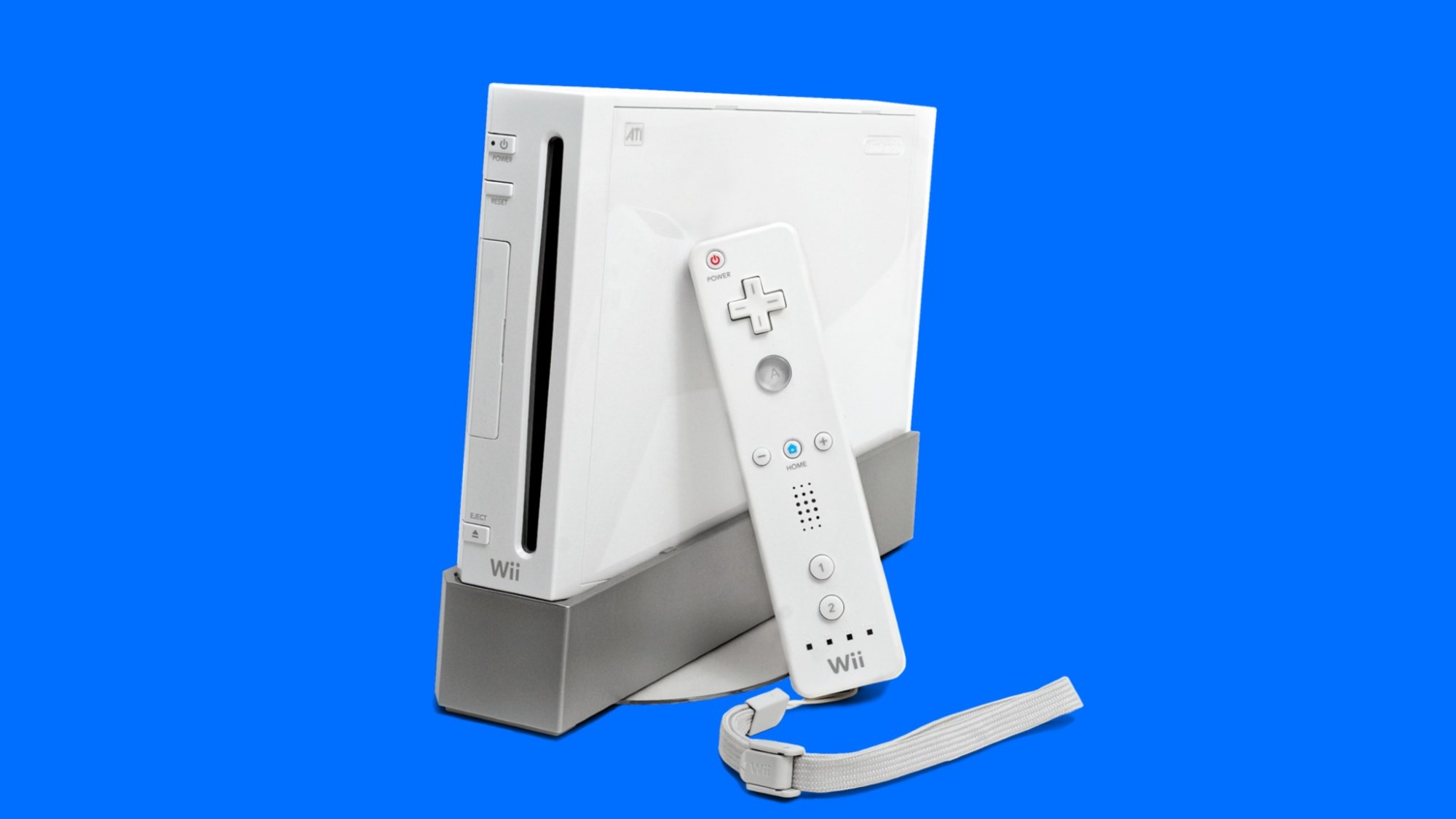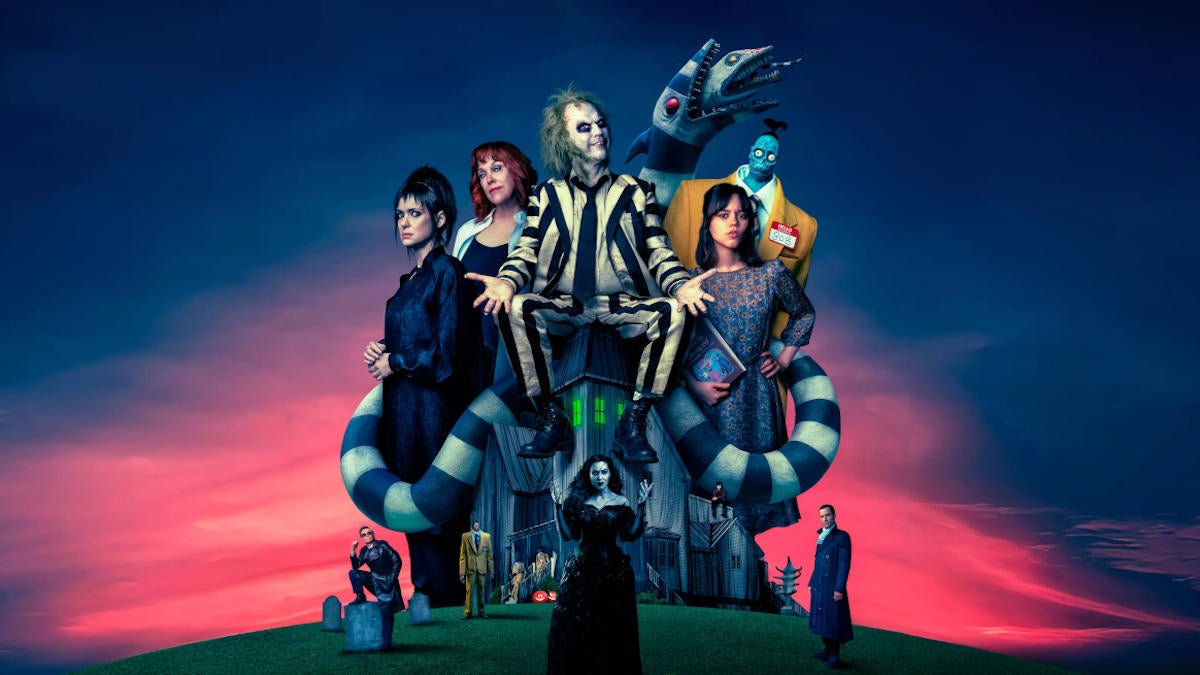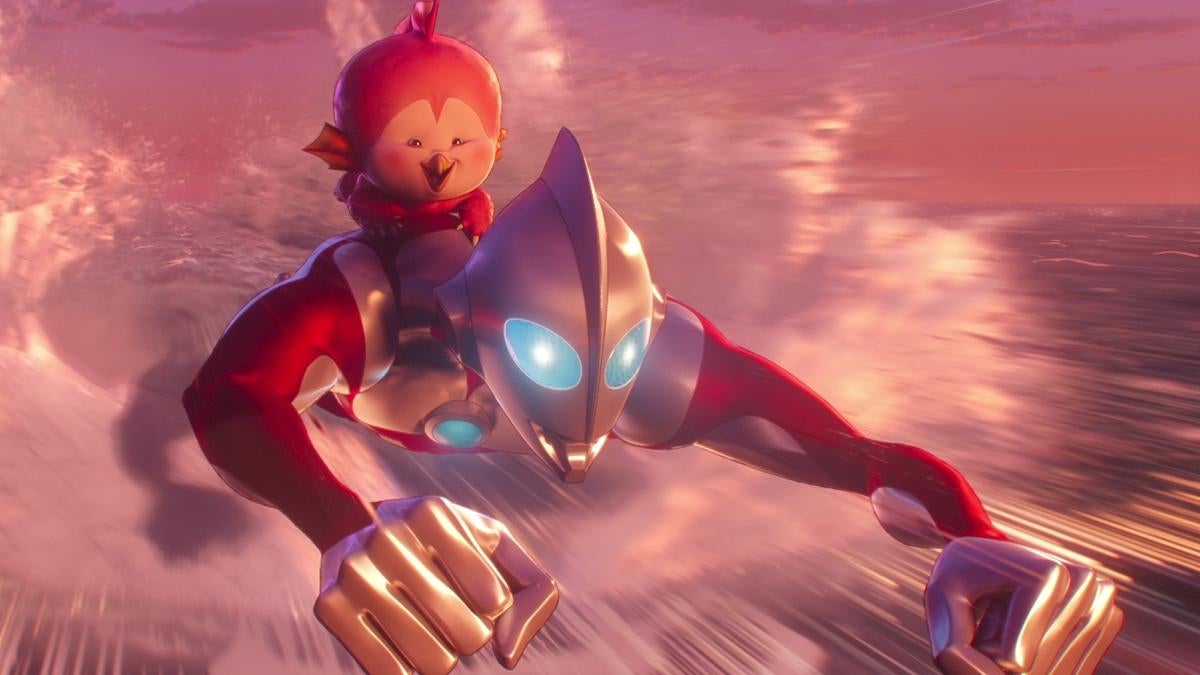Dune: Part Two was one of the big hits of 2024, wrapping up the first book’s arc in the best way possible, and setting things up for Dune: Messiah. What we know so far is that shooting for the third film might not start until late 2025 or early 2026, and since Denis Villeneuve’s announcement, there hasn’t been any more specific info about the casting. Obviously, based on what the story has hinted at, the audience already has an idea of who to expect in the next sequel, but when it comes to new characters, only readers of Frank Herbert’s book series will know.
Videos by ComicBook.com
The Dune: Messiah story, which will be adapted from the second book, which will be adapted from the second book, will see Paul Atreides as Emperor, dealing with the pressures of being a leader and the complex consequences of his actions. But there are some surprises ahead, like Duncan Idaho. The character died in the first Dune movie, but could he make a return? Given that Villeneuve is a big fan of the entire saga and has stayed true to the original story so far, it’s likely that viewers will see Jason Momoa reprise the role.
Warning: Spoilers below for the Dune: Messiah novel!
Why Duncan Idaho’s Return Is Important in Dune: Messiah

In Dune, when Duncan appears, it’s clear that he has been a pivotal figure for Paul since he was a boy. Not only was he a loyal warrior for House Atreides, but he also served as a mentor and a trusted friend to Paul, someone the heir relied on deeply. To understand Duncan’s importance beyond his relationship with the protagonist, we can also look at his role with the Fremen. He played a crucial part in building the alliance between the Atreides and the people of Arrakis. When Paul and Jessica are forced to flee due to the Harkonnen attack, it’s Duncan who aids them, demonstrating his unwavering loyalty to the Atreides family. This is what drives him to protect Paul and Jessica when the sietch they seek refuge in is attacked. He ultimately sacrifices his life to ensure their safety.
His presence is brief in the first movie, but it also lays the foundation for his more significant role in the subsequent books, as it’s in Dune: Messiah that he is resurrected as a ghola. In Dune: Prophecy, fans have already seen how the cinematic universe has successfully adapted a face dancer – a race introduced in the second book that is linked to the Tleilaxu. Like the gholas, face dancers are creations of this secretive society, known for their expertise in genetic manipulation. Their primary goal is to create beings to serve their own purposes, often revolving around power and control, and this is where Duncan’s resurrection comes into play.
[RELATED – Everything We Know About Dune: Messiah (Including Who Will Return)]
In the second book of the series, the character is brought back as a ghola – a clone with no memories of his past life. He is initially used as a spy, part of a conspiracy against Paul, who is now seen as a threat to the Tleilaxu’s control over the universe. However, the big twist is that Duncan is also programmed to kill Paul if he recovers his memories. The Tleilaxu’s reasoning is that if the ghola regains his past memories, he would remember his loyalty to House Atreides and refuse to carry out his mission. This setup creates a fascinating dilemma, as Duncan’s arc raises the question of whether a ghola can truly be the same person as they were before.
Besides, the reactivation of his memories is a crucial element of the plot, as he struggles to reconcile his relationship to the Atreides with the orders given by the Tleilaxu. Bringing him back into the adaptation not only stays true to the original material but also serves as a way to continue a narrative full of internal dilemmas and ethical conflicts, which add depth not just to the character, but to the story as a whole. This ensures a relevant storyline, particularly since Duncan’s decisions will have a significant impact on Paul’s fate and the future of the empire.
In this sense, his resurrection as a ghola is not only a means of expanding the universe but also a catalyst for new conflicts, revelations, and the evolution of the plot. However, there is another aspect of the new Duncan’s journey that is not very pleasing to Dune fans – Alia Atreides.
The Romance Between Duncan and Alia Shouldn’t Take Center Stage in Dune: Messiah

The ending of Dune: Part Two made it clear that the plot of the third movie will focus not only on Paul’s struggles as Emperor but also on his romance with Chani, which will now essentially become a love triangle, as Princess Irulan is promised to marry him. The saga addresses many themes, but it’s fair to say that romance has never really been the central focus. Villeneuve, however, has already mentioned that Messiah will highlight some of these romantic elements, which makes sense, considering Paul is the protagonist. However, shifting focus to the romantic relationships of other characters, like Duncan’s, is not something the audience likely wants to see – especially since in the novel, he falls in love with Alia while she is still a girl.
Paul’s sister’s development is a super fast process since Jessica’s pregnancy, when she takes the Water of Life in the Bene Gesserit ritual in Dune: Part Two. The effects get passed on to Alia while she’s still in the womb, making her a fully mature child loaded with knowledge from the memories and consciousness of various ancestors. It’s known that the sequel will have a time jump, which might show Paul’s sister as much older (since Anya Taylor-Joy has already been confirmed for the production), but even so, we’ll still be dealing with a naturally adolescent girl. She still has emotions and thoughts that don’t fully match her early mental maturity, which makes a romance with the ghola a disturbing or uncomfortable dynamic for the audience.
Other than that, focusing on this kind of relationship could take away from the psychological battle Alia starts facing with her multiple inner consciousnesses. Of course, this issue is just introduced in Messiah and will be explored in more depth in the third book, Children of Dune. However, even though Villeneuve has said that the next film will be his last project in the universe, Warner Bros. is reportedly working on a fourth installment. If that happens, it might be the best time for her character to develop with Duncan. Not now.
Still, we should remember that nothing is completely certain yet. In an interview with Men’s Health last year, Momoa didn’t give a clear answer about returning to the franchise, only saying he would “get in trouble” if he tried to say anything about it. However, it’s highly likely that he will come back, especially since fans know that Duncan ultimately becomes one of the most important characters in the entire saga.
Dune: Messiah is currently without an official release date.
